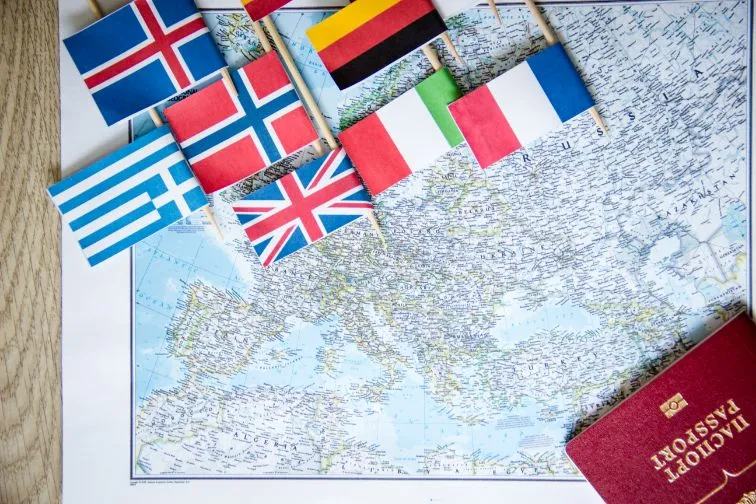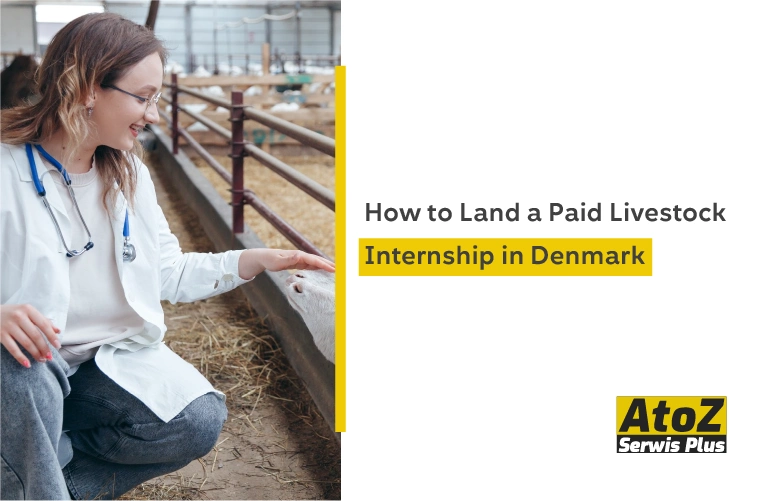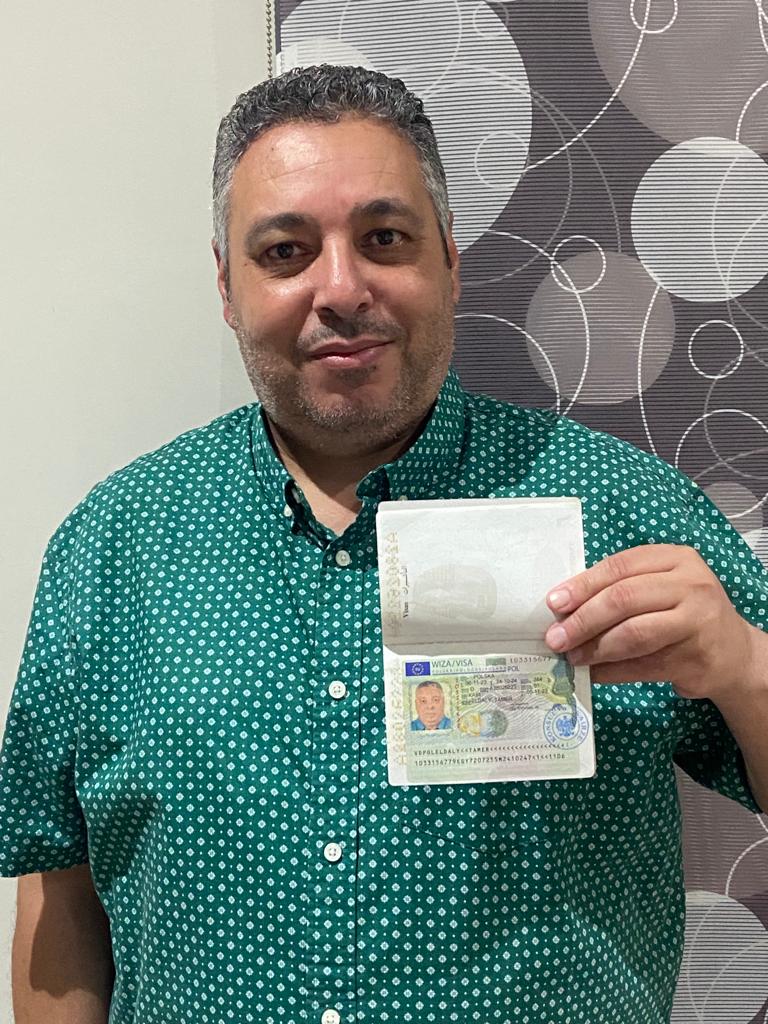

How to apply job and Work Permits in Romania 2023?
Recruitment agency AtoZ Serwis Plus sp. z o provides work in Poland,Romania ,Hungary European Countries and Eu Country , for foreigners from Ukraine, Belarus, Moldova, Russia, Georgia, Armenia, Bangladesh, Nepal India and from other countries. Our company has been operating in the labor market since 2009. Thanks to our experience, we can carry out each set of employees efficiently and quickly.
We select the necessary vacancy considering the characteristics of the applicant and provide information to the candidate about the place of new work. Also, we take on our shoulders organizational issues. Our offer is directed to people who want to continue their professional developmentin Poland,Romania ,Hungary European Countries and Eu Country Also, for people who are planning to move to Poland for permanent residence.
Cooperating with the recruitment agency AtoZ Serwis Plus sp. z o you will find a suitable job for your qualifications.
substantial base Four employers submit applications to find employees on our platform on average once every minute. Most of them are on the lookout for highly qualified personnel.
Our experts are paid well for their services. The aforementioned illustration demonstrates our familiarity with Romania's skilled labour market. Employers' financial and financial demands are known to us. As a result, all of our employees get paid well for their work.
Work in Romania for foreigners. Where to begin?
The procedure is very simple and consists of 3 steps:
1. You need to send your CV to the post office info@atozserwisplus.pl and also fill in the form — here is the link.
2. After reviewing your application form and your resume, we offer you current vacancies that match your experience and skills.
3. We call up and agree on the documents, terms of arrival and commencement of work.
And if you want to transfer to Romania with your family, we will show you how to do it correctly.
Work in Romania for foreigners – vacancies
Below are the most relevant vacancies for such specialists as a welder, a CNC operator, a mechanic, IT specialist and a cook. We don’t have time to post all the hot vacancies on the site but know that employers are already looking for you.
Work in Romania for foreigners is our main job and vector of employment.
- Manufacturing workers who are not otherwise classified
- People who manage cargo
- Store owners
- Sales associates in stores
- Workers in the construction industry
- Metalworkers and preparers of structural components
- Operators of large trucks and lorries
- Drivers of cars, cabs, and vans
- Security personnel
- Inventory clerks
Where can I find the workers?
Unskilled agricultural workers, unskilled packers of solid and semi-solid goods, unskilled packers of solid and semi-solid products, unskilled workers for building demolition, wall linings, mosaic, wall and floor tiling, parquetry, unskilled workers for road, highway, bridge, and dam maintenance, locksmiths, loaders/unloaders, freight handlers, retail workers, and unskilled agricultural workers round out the top 10. (Source: September 2016 report from the National Employment Agency, ANOFM).
Brief description of the labour market:
The National Institute of Statistics reports that there are 19.9 million people living in Romania.
As of 1 January 2016, the active civilian population was 8 776 800, or 44.4% of the overall population of the nation, according to the Labour Ledger. 54.1% of the entire active population was male, while 45.9% was female.
In Romania, the unemployment rate is determined using two separate sets of information. The National Institute of Statistics (INS) uses the International Labour Organization's definition to determine the ILO unemployment rate. According to a news statement from the INS from September 2016, this rate was 6.0% in August 2016.
The National Employment Agency's (ANOFM) calculation of the rate of registered unemployment is based on the total number of jobless people who have registered in the ANOFM database. This percentage was 4.08% at the end of May 2016, which translates to 410 500 officially registered unemployed people.
Eight administrative regions make up Romania: West, North-West, Centre, North-East, South-East, South-Muntenia, Bucharest-Ilfov, and South-West Oltenia. Each of these is unique in terms of its economic structure, and as a result, various industries predominate in the growth of each region. A sizable portion of the population works in agriculture in the North-East and South-West regions. In the West and Center regions, as well as in the Centre, West, and Bucharest-Ilfov regions, the civilian population is primarily employed in industry and the construction sector.
The utilisation of this potential has an impact on the economic growth of these places as well. Examples of such areas include Bucovina in the North-East, the Black Sea coast, and the Danube Delta in the South-East.
At the end of May 2016, the South-West area (6.4%) and the South-Muntenia region (5.5%) had the highest registered unemployment rates. The West region (2.9%) and Bucharest (1.6%) had the lowest registered jobless rates.
Companies (limited liability companies (SRL), joint-stock companies (SA), partnerships (SNC), basic partnerships (SCS), joint-stock partnerships (SCA), solo proprietors (PFA), and family associations are the most prevalent business kinds on the labour market.
Multinational corporations, profit/nonprofit state-owned businesses, private companies, and NGOs make up the majority of employers. The largest companies in Romania in terms of turnover are: Automobile Dacia SA, OMV Petrom Marketing SRL, OMV Petrom SA, Rompetrol Rafinare SA, Kaufland România, Rompetrol Downstream SRL, British American Tobacco Trading SRL, Lukoil Romania SRL, Carrefour România SA, EON Energie România SA, and Transgaz SA, according to the 2016 Coface CEE Top 500 Companies study.
The most common forms of employment contracts are those with fixed terms or long-term commitments and full- or part-time work schedules. Certain jobs call for a specific set of skills and/or background. See chapter 3.3 of "Living and Working in Romania" for more information.
National Institute of Statistics, National Employment Agency, and Ministry of Labor, Family, Social Protection, and the Elderly are some of the sources.
Work visas and permits for Romania
One of the most crucial things you'll need for your company's global expansion is a group of qualified personnel. Most nations, including Romania, require visas and work permits for foreign workers, including those from your parent firm and new hires from all around the world.
Work visa categories in Romania
Since Romania is a member of the European Union (EU), its legislation on work permits and visas are comparable to those of other EU nations. Both citizens of Switzerland and other E.E.A. nations, as well as nationals of other EU member states, do not require a permit to work in Romania (EEA). These nations include Liechtenstein, Iceland, and Norway.
A work permit is required for any potential employee who is not a citizen of one of these nations. In Romania, foreign nationals can get a variety of permissions, including those for:
- Seasonal workers
- Trainees
- Athletes
- Permanent employees
- Cross-border workers
- Nominal work
Conditions for Getting Romania Work Visas
Foreign nationals cannot apply for a work permit on their own behalf in Romania. Employers are required to apply for them.
A permit will only be granted if the position cannot be filled by a citizen of Romania or a citizen of another EU or EEA member state. This is one prerequisite for being eligible for a permit. The potential employee must also meet the following requirements:
- Meet all of the employer’s requirements for the position under legal provisions
- Have no criminal record that would prevent them from working in Romania
- Provide a medical certificate that states their capability to carry out the tasks required for the job
- Fall within the yearly quota for foreign citizens who may be granted a work permit
A long-term visa must also be applied for by the employee. The applicant should be ready to submit many documents in addition to the application, such as:
- a work permit that the employer has secured
- evidence of lodging in Romania
- a current passport
- Two recent images for identification
- Police clearance or a background check from the employee's country of residence Background insurance documentation for the duration of the visit
- proof that you have the money to support your trip
- a flight reservation or other evidence of travel accommodations
Application Process
Foreign citizens will need a work permit as well as a long-term visa to live and work in Romania legally. Here are the necessary steps to obtain these documents:
- The employer must apply for the work permit on behalf of the prospective employee, submitting all relevant documents to the Inspectorate General for Immigration (IGI) and paying the applicable fees.
- The IGI will answer the request within 30 days, either providing a decision or requesting more information for verification. If additional verification is needed, the process may be extended for up to 15 days.
- Once the application is approved by the IGI, a work permit will be issued to the prospective employee.
- The employee must then obtain a long-term visa by applying through the diplomatic missions and consular offices of Romania. The employee has a window of 60 days to apply after obtaining their work permit.
Other Important Considerations
If an employee needs to extend the residence granted by their long-term visa, they can request to do so through the IGI. They’ll need to file the request at least 30 days before their visa is set to expire. Their work permit may be renewed at the same time.
In Romania, most work permits can be extended for up to a year. Highly skilled employees may be qualified for an extension of two years.
It’s likely that some of your employees will be traveling with family members. Each family member will need their own long-term visa as well as their own work permit if they wish to seek employment in Romania.
How Can AtoZ Serwis Plus Help You?
- Advise you on the documentation that will be required for the visa
- Advise you on how the funds needed for the visa need to be shown
- Complete the application process
- Review your documents needed for the visa Application

















